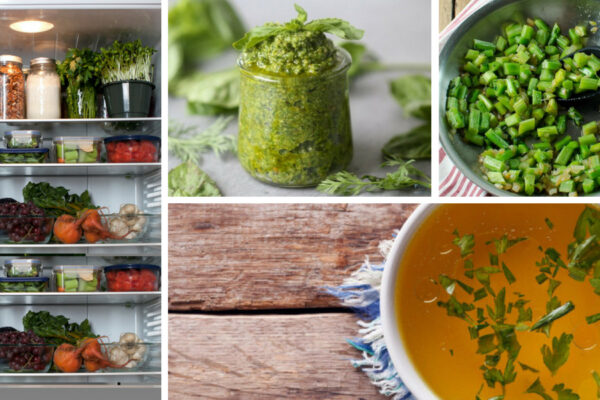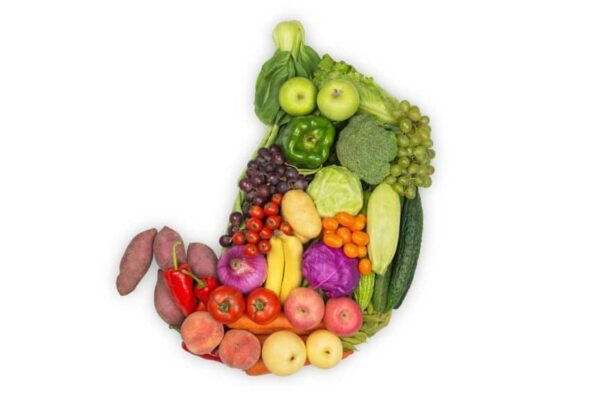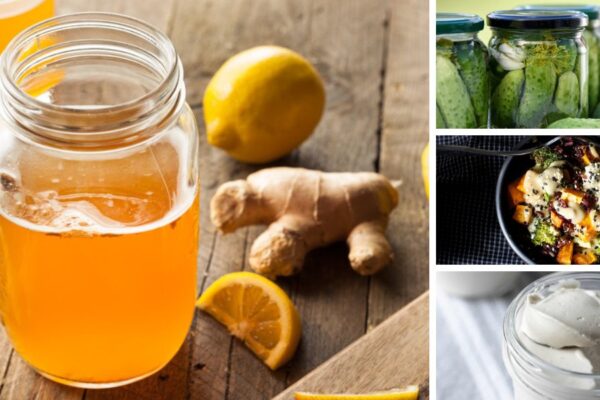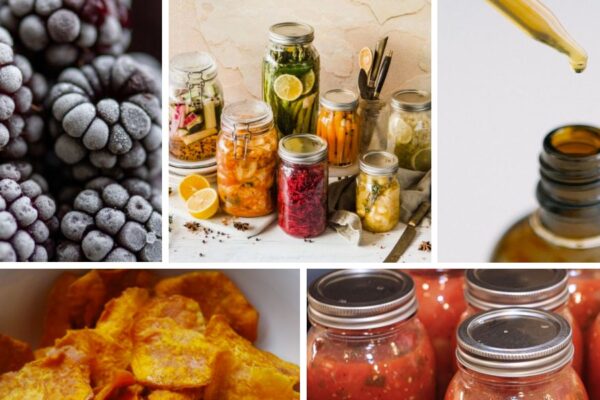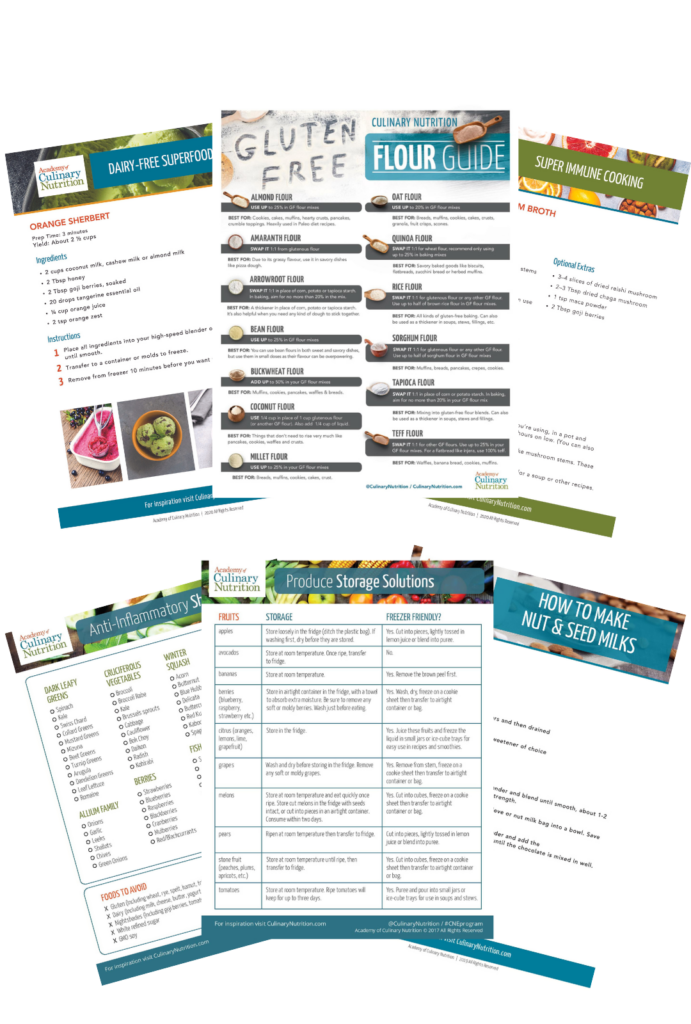Gut Healing and Immune Benefits of Pickle Juice
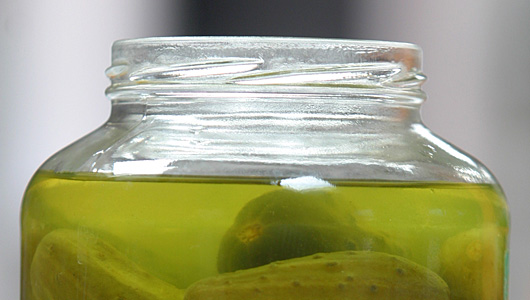
Pickles are delicious and wonderfully healthy when fermented using a traditional method of lactic acid fermentation – but don’t toss out the pickle juice! The cloudy, herb-filled brine in pickle juice is great for sipping or adding to a variety of recipes to amp up the acidity and flavour. There is also tremendous gut healing and immune benefits of pickle juice. Apparently, it’s getting trendy too and can often be found at farmers’ markets and in health food stores sold as ‘gut shots’.
What Is Pickle Juice?
Pickle juice is the liquid that your pickles are stored in. Most pickles sold at grocery stores are stored in vinegar, and are tasty but not fermented. Sour pickles are the traditional alternative that use salt to kick off the fermentation process. Traditional sour pickles are raw after culturing, unlike vinegar-based cucumber pickles that are cooked during the canning process – this destroys the enzymes, beneficial bacteria and heat-sensitive vitamins.
Health Benefits of Pickle Juice
The benefits of pickle juice are basically the same as for all fermented foods. One of the added benefits of pickle juice, along with sauerkraut juice or the brine left behind from any fermented vegetable, is that you’re getting that probiotic-rich liquid without the fiber.
It is so supportive of digestion and immune health that sauerkraut juice was one of the first foods our son ever ate.
I promise you he loved it and kept wanting more.
Muscle Recovery
Athletes have been drinking pickle juice for some time as an alternative to sports drinks, hence the product and claim on that display below. The high mineral content is great for providing the body with post-workout electrolytes and some studies show it can help ward off muscle cramping, though overall there is limited evidence about this.
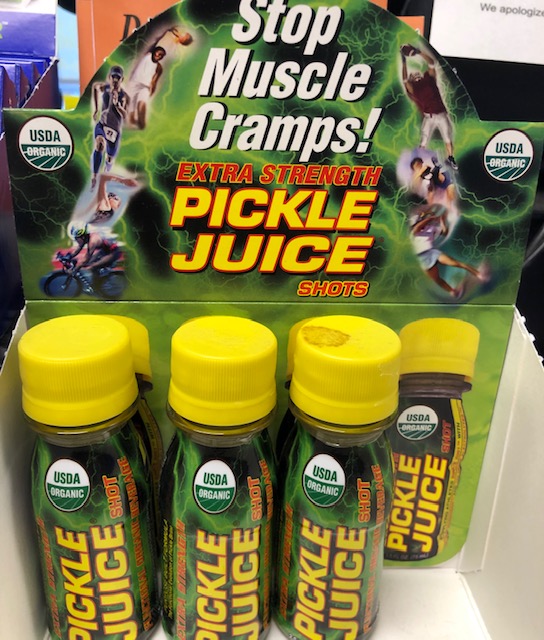
This was at the checkout at a health food store in Joshua Tree. Just when I thought I’d seen everything in this field, this shows up! ????
Digestion
The probiotics in fermented foods nourish the gut microbiome, the community of bacteria in the digestive tract, helping to balance and promote good digestive health. The fermentation process can increase vitamin and mineral content while reducing anti-nutrients that may interfere with digestion, like phytic acid.
Immune Health
About 70% of our immune system resides in the gut, which means that our gut health and immune health are intricately connected. The probiotics in fermented foods support and enhance immunity while helping to modulate immune-related conditions such as inflammatory diseases, allergies and some types of cancer. Fermented foods also have anti-microbial, anti-fungal, anti-inflammatory, antioxidant and anti-allergenic properties – this helps us combat infections and cultivate healthy immunity.
Cognitive Health
Our digestive tracts and brains are connected through the gut-brain axis (sometimes the gut is referred to as ‘the second brain’). It’s a two-way street: what happens in our gut affects our mood and cognition, and emotional factors can influence digestion. (Anyone who’s had a ‘gut feeling’ or stress-induced diarrhea can probably attest to this!) Fermented foods can boost cognitive function, encourage the production of brain neurotransmitters, calm the nervous system and improve mental health and wellbeing.
Alternatives to Pickle Juice
The brine of most fermented vegetables can be consumed – the benefits will remain even if you don’t like cucumber pickles. Try the brine of:
- Any veggie (carrots, asparagus, zucchini, beets, cauliflower, etc. You can essentially pickle anything)
- Sauerkraut
- Kimchi
- Preserved Lemons
How to Make Your Own Pickles
Fermenting your own pickles and making pickle brine is easy. All you need are veggies, clean water and salt, plus any herbs you love, along with a jar to hold it all. Grab this step-by-step photo pickle tutorial here and start fermenting!
If you’re not interested in making your own pickled vegetables or pickle brine, store-bought is an option. Ensure that you purchase lacto-fermented pickles, which will be in the refrigerator section of the grocery store or health food store (the pickles in jars or cans in the aisles will be vinegar pickles and not fermented). Check labels, where you should see only vegetables, salt and herbs used.
how to use Pickle Juice
A little goes a long way with pickle juice. You don’t need to drink it by the glass, as this may produce some uncomfortable digestive symptoms (especially if you aren’t used to consuming fermented foods). Here are a few ways to use pickle juice:
- 1-2 Tbsp post high intensity exercise to replenish electrolytes (start off with 1 tbsp)
- Mix into salads, egg salads, tuna salads, bean/sweet potato salads or any dish where you might normally use pickles for flavour
- Mix a few spoonfuls into dairy-free yogurt or kefir to make an awesome chip or veggie dip
- Add to marinades for fish, tempeh, chicken or whatever you might be marinating (it’s a good meat tenderizer)
- Use in place of vinegar in your favourite salad dressings
- Add it to crackers or kale chip recipes
- Use the brine as a starter for subsequent batches of pickles, sauerkraut, fermented nut cheese or fermented hot sauce
- Use it to gently poach fish or vegetables
- For those of you who are martini drinkers, you can also use pickle juice in place of olive juice if you make it dirty.
More Fermented Foods: Resources + Recipes
- My Favourite Probiotic-Rich Foods
- Fermented Foods: Everything You Need to Know
- How to Make Sauerkraut
- Easy Kimchi Recipe
- Fermented Nut Cheese
- Moroccan Preserved Lemons
- How to Make Pickles
- Guide to Brewing Kombucha
- Coconut Kefir Ice Cream Pops
- Fundamentals of Fermentation (online course)
Do you like pickle juice? Please share how you like to use it in the comments!
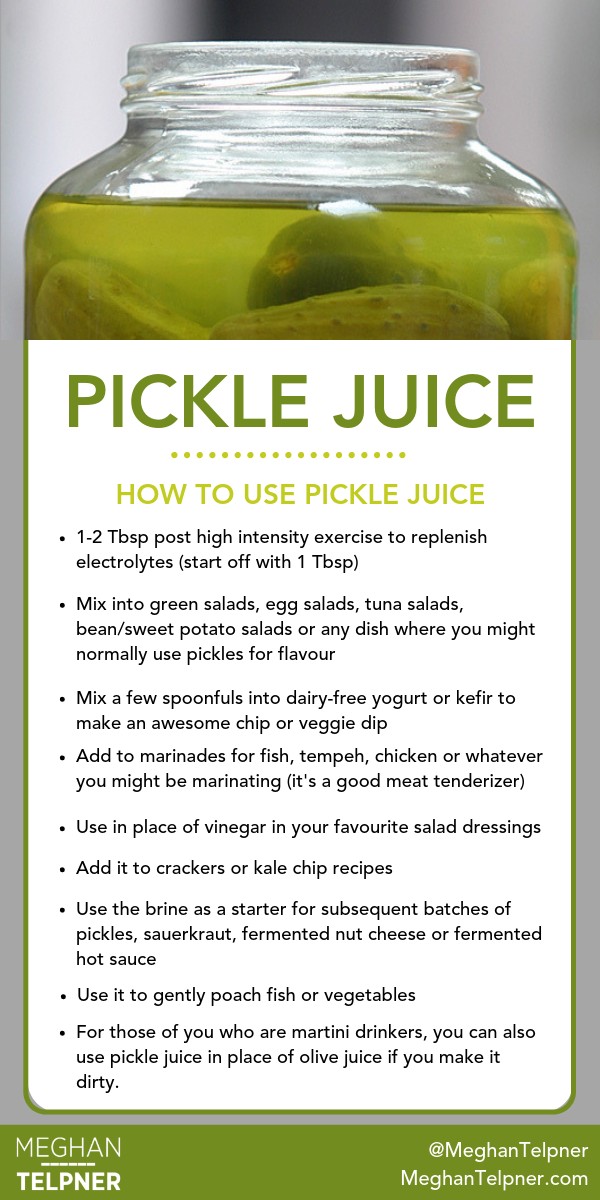
Free Resource Library
Enjoy more than 40 downloadable guides, recipes, and resources.

















